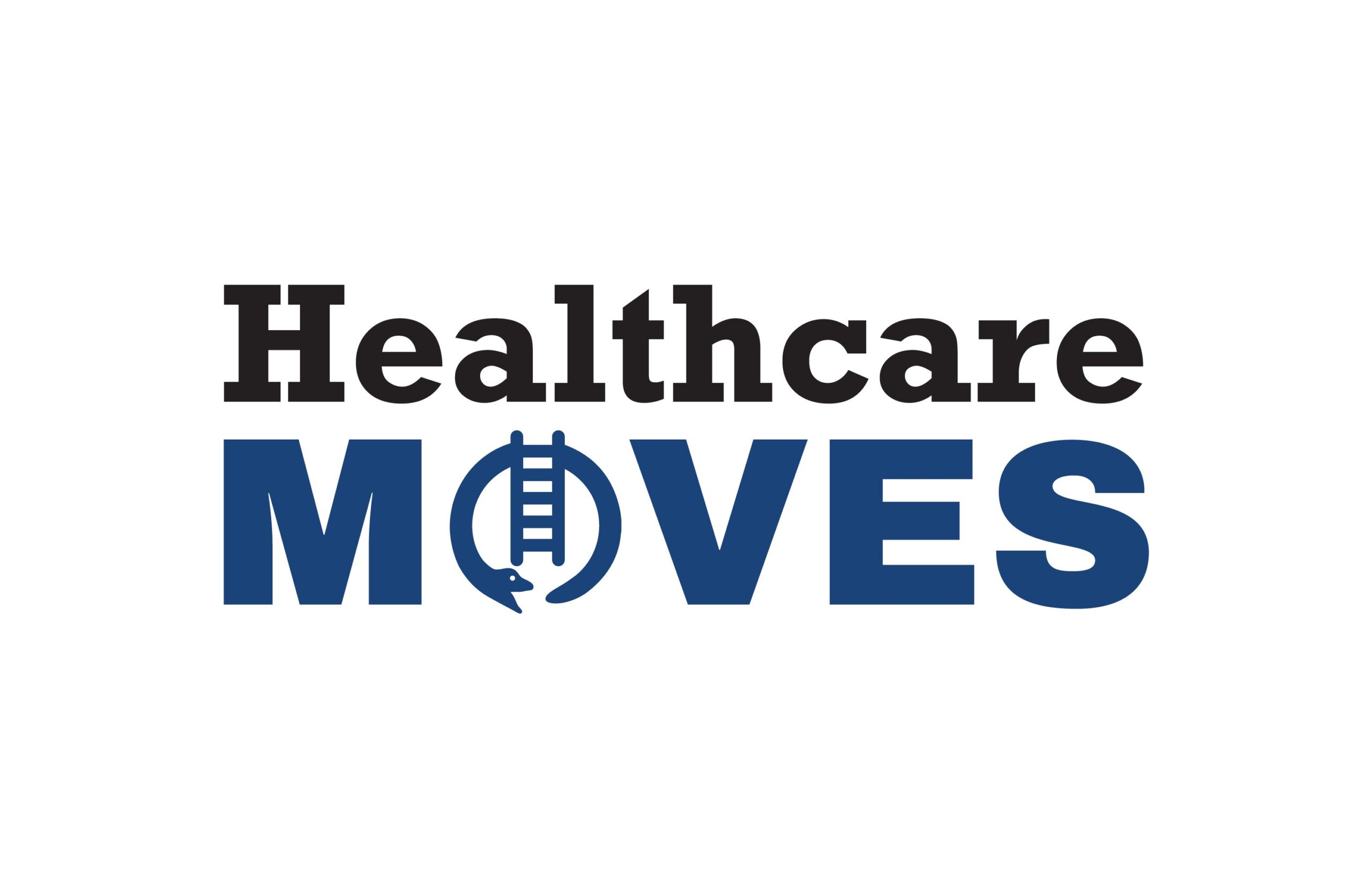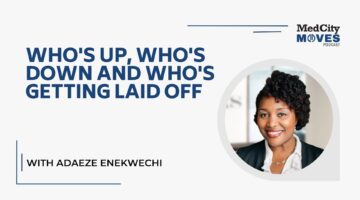Neutun‘s start on the mobile health scene began at the Hack the North conference in Waterloo in Ontario last year. As the company’s first anniversary approaches Eric Dolan, the co-founder and CEO of Neutun, took a call with MedCity News to talk about what led it to collaborate with Pebble Watch and other smartwatches, and its ambitions for helping people with epilepsy. He saw little in the way of technology to help people manage their condition or feel like they had any insight into their bodies on a day-to-day basis.
The holy grail for people with epilepsy is having some advance warning when a seizure will occur. That way, people can take precautions to make sure they are in a safe place as opposed to a curbside or train platform. For that to work, there needs to be enough data to draw connections between certain factors such as sleep, work, physical activity, stress and the role that plays for each person, and how frequently each person has a seizure. Its first use case is for people who have convulsive seizures. Starting with Pebble, it will use smartwatches with accelerometers as a useful first step in capturing that information in the context of the user’s daily life.
Later this month it expects its app to be ready for AppleWatch and Android watches. Other wearables including FitBit, Jawbone, and smartphones with an accelerometer will follow.

With the Rise of AI, What IP Disputes in Healthcare Are Likely to Emerge?
Munck Wilson Mandala Partner Greg Howison shared his perspective on some of the legal ramifications around AI, IP, connected devices and the data they generate, in response to emailed questions.
So why Pebble? The smartwatch company is building near field communication chips into its smart straps. It is also rewarding innovation for these smartwatch straps.
The first time Eric Dolan met Pebble founder and CEO Eric Migicovsky at a conference in Toronto, he was impressed with his resistance to squeeze apps onto his watch. He said he’s focused on building the best device he can without squeezing a bunch of apps onto it.
But opening up a hardware platform and having developers build for it — that will be the ultimate test of success. Earlier this year Pebble launched a crowdsourcing initiative for developers to produce a smart strap and win up to $1 million for their trouble. In the next Hack The North competition, coming up in a couple of weeks, Dolan and his team will develop a “smart strap” band that will include a place for sensors.
Dolan took part in a panel discussion this week at CONVERGE and his company is part of the DreamIt Health accelerator in Philadelphia.
Accelerometers get a steady stream of criticism for being relatively easy to manipulate. But if someone has a convulsive seizure, Dolan said it would stand out enough so that it will be picked up by the app. The app can also be used to alert loved ones that they have had a seizure and where they are.
“I would rather have something that is 80 percent [of where it needs to be] that I can use right away than 100 percent never realized, ” he said. “More often than not, great innovations started from imperfect places but just kept going. Done is better than perfect.”
In the future, Dolan said it wants to focus on using more sophisticated sensors such as electrodermal sensors and temperature sensors.
Another potential benefit of Neutun’s app is that it can make people with epilepsy feel more human. They struggle with taking meds, with the uncertainty of whether they’ll have a seizure, and there’s only so much that their physician and caregiver can do for them, Dolan said. But if patients didn’t have to rely on their memory to recall when and where they had seizures between doctors appointments, it could make those patient-physician interactions so much richer.
This app for remote patient monitoring of people with epilepsy has generated interest from pharma companies, payers and research scientists, Dolan noted.
“A lot of them know that this is where science is going — innovations in wearables and different healthcare approaches.”
He added: “The winner in this area will be a company with technology that can scale, with accurate algorithms and a patient focus. People have tried to go from an enterprise approach and that doesn’t always work out very well for patients.
We will see a shift away from ingrained infrastructure and towards patients and companies distributing more responsibility.”
Dolan observed that we’re so early in the development of wearables that people think they are toys. It reminded him of a comparison Nest CEO Tony Fadell made when asked about wearables in the context of the Internet of Things. He said the big inflection point with personal computers was with the Apple MacIntosh.
“I feel like it is 1982 and we’re a couple of years [away from] hitting a big inflection point,” said Dolan.
He noted that the company is also building a social component to its app so users can talk to each other about their condition. He believes many in eldercare have no community to talk to about their shared struggles.
Although epilepsy is its primary focus, Dolan said the company aspires to create a platform that could be used by anyone with a chronic condition.
Photo: Pebble














